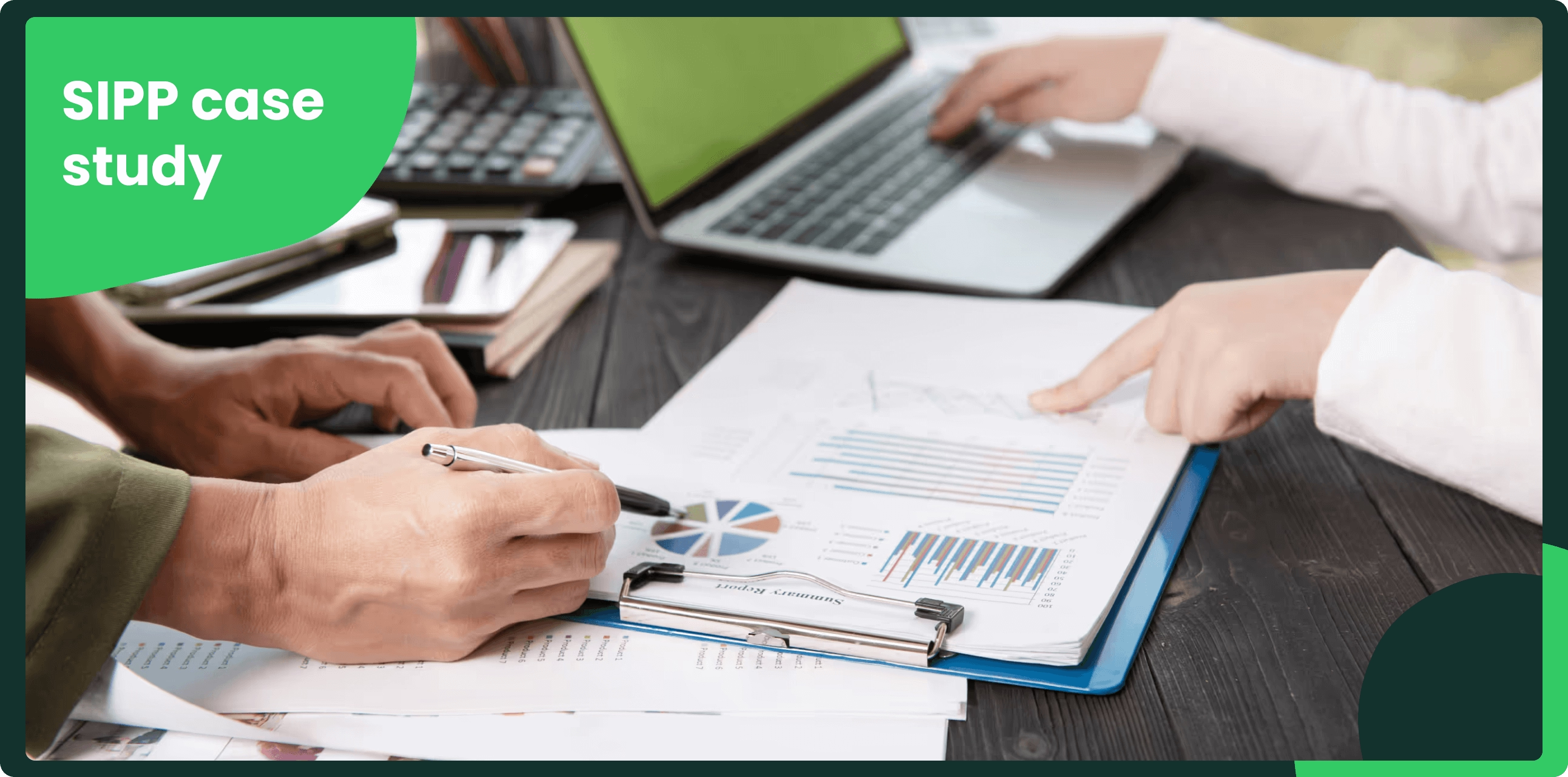‘Out with the old, in with the new,’ so goes the age-old saying.
Let’s not forget the new year checklist for financial planning in preparation for retirement.
It’s that time of year when we reflect on the previous 12 months and plan for the next. Maybe Santa brought us a new smartphone or laptop. More likely, it’ was the usual combination of slippers and socks!
In this age of rapidly changing technology and short-lived consumables, we must regularly upgrade our gadgets and widgets. Phone memory and batteries become inadequate,and computers start slowing down and not functioning the way they used to.
The same applies to financial planning. Technological advancement, new product design and ever-changing regulations mean the industry is constantly in flux. Keeping up can be challenging, but savvy investors will ensure they have the most up-to-date tools to stay ahead of the curve.
The first step is to make sure we regularly review our financial situation. What better time to do this than at the beginning of a new year. Over time, we accumulate a number of financial products, some of which end up gathering dust in the cupboard under the stairs; others are instantly viewable on apps and online administration systems. Even if yours are available using the latest technology, it’s important to fully understand what you have and, most importantly, how much you are charged.

Several issues need to be raised in the new years checklist.
- How are my investments performing?
- Are my retirement plans on track? This applies whether you are still working or retired.
- Can I improve my pension plans? Are better options available?
- Is my tax position optimised? Capital Gains, Income and Inheritance Taxes.
- Is your 'Will' up to date and still appropriate for your wishes?
- Am I taking full advantage of tax-efficient investment structures available to me?
- Am I completely certain about the charges and fees applied to my financial instruments?
- Are my protection and insurance policies still appropriate for my needs?
- Does everything I hold work in context and form a logical strategy?
This list isn’t exhaustive but covers most of the issues we deal with every year.
Pension plans
Pension plans have changed dramatically over the last 40 years. Modern plans are much more flexible and offer a seemingly endless range of investment and benefit paymentoptions. Old policies, on the other hand, are the opposite, often containing restrictive contract clauses that are inappropriate today.
Some can only be accessed by purchasing an ‘annuity’ and offer few fund choices. Reminds me of the old Henry Ford quote. “You can have any colour you want, as long as it’s black”.
Furthermore, expats who hold annuity policies can’t access them on retirement due to changes following Brexit. UK insurance companies can no longer pay an annuity to non-UK residents due to the absence of mutual recognition between EU countries.
There are also older policies that are restricted to ‘capped drawdown’. This is a prescriptive way of accessing pension benefits whereby the policyholder is limited to a preset percentage of the fund, which is difficult to change in future and can’t be exceeded.
Modern plans offer ‘Flexible Access Drawdown’ (FAD). As the name suggests, these plans are much more flexible; pension payments can be changed or even suspended according to the needs of the individual. They also need to be reviewed. There is a world of difference between traditional insurance company policies and Self Invested Personal Pensions. Indeed, there are still FAD policies which don’t offer online administration and management. The good news is there are many companies offering products that do.
Despite Brexit limitations regarding who can invest in a UK SIPP, some companies specialise in providing them to non-UK residents.
Investments
Most investment plans can now be viewed online and switches are also paperless. This means it’s easy to check performance and make any needed changes. If you are happy with your progress, there’s probably not much to do. If it ain’t broke, don’t fix it!
This isn’t always the case, of course. Global events affect investment markets, and an individual’s attitude to risk will alter over time. So, if your portfolio is performing well, but you feel the risk level is unsuitable or your performance has been disappointing, it’s time to do something about it.
Where do we find quality information, and what should we be wary of when making a decision?
Here are some do’s and don’ts:
Do’s
- Check different sources of information. If you’re reading an article in the Sunday papers extolling the virtues of a particular investment sector and there 'happens’ to be an advert promoting the same alongside, be careful. It may wellbe a genuine opportunity, but it is best to crosscheck with other sources.
- Make sure you are fully aware of costs and charges. The quoted ‘Annual Management Fee’ (AMC) doesn’t tell the whole story. The real cost of a fund is the ‘Overall Charges Figure’ (OCF). Be cautious if a fund is recommended to you where the introducer has a vested interest.
- Know what you would do if a fund decreases in value. Would you stay and expect an upward correction? Would you immediately sell and reinvest elsewhere? Markets do go down as well as up, but it’s important to remember that an upward recovery has followed every crash or correction in Stock Markets.
- Consider using a suitably qualified (MiFID 2) and experienced adviser. MiFID-regulated advisers always declare fees and charges in advance of investing.
- A properly regulated advice company that offers independent advice will always be able to show you different options and ensure that any individual investment works in context with your overall planning and lifestyle.
- Make sure your investments are tax-efficient. Many countries allow and encourage investment in tax-compliant products and services. This is particularly true in France, Portugal, and Spain. No one needs to pay more tax than is legally due.
Don’ts
- Never purchase an investment where you aren’t told the OCF in advance. If an adviser isn’t prepared to provide full details of commissions and fees before you invest, you should not deal with them. If you have any doubts, contact a regulated adviser who will be more than happy to help you understand fees and charges in relation to a scheme you are considering.
- Additional commissions are sometimes hidden in the small print. Only a full declaration of all fees is acceptable.
- Be very wary of funds that can’t be liquidated within a few days. Lengthy redemption terms are dangerous and often result in funds being suspended overnight with no way of getting out until the suspension is lifted.
- Never purchase an unregulated fund. There is no justification for a fund provider based in a jurisdiction that provides little or no investor protection.
- Don’t buy investment products or schemes based on online adverts. At best, it will be an unregulated, esoteric‘ alternative’ investment whereby you might get some of the money back that you invested. At worst, you’ll never see your money again.
- There is no such thing as an opportunity that is too good to be missed unless you invest immediately. Unscrupulous companies employ this tactic to relieve you of your hard-earned cash before you can think it through.
- Do not buy investments from companies that cold-call or text you out of the blue. Not all cold calls result in scams, but all scams begin with cold contact! If you ask where the company got your number from, the answer will often be a friend of yours. That is rarely true; the cold callers will never tell you which friend.
- Be particularly attentive to esoteric or alternative investments. It’s highly unlikely that a bamboo forestry fund based in Central America will provide you with the advertised potential returns.
- Similarly, anything claiming to provide investment returns that are ‘guaranteed’ to give you income or growth in double digits won’t do that. It’s either a scam or grossly misrepresented.
Tax planning
Check your previous year's tax liability and ensure you aren’t overpaying. Employ a tax adviser competent in international tax planning who can advise you accordingly.
As noted above, some tax-efficient investment products are available to residents in certain European countries. Correctly structured investment plans can save tax for many years to come if done correctly at the start.
Insurance, Wills and protection products
It’s always best to revisit insurance plans to ensure they are sufficient for your needs and aren’t overly expensive. There are some benefits to being loyal to a particular company, but it’s a highly competitive market, and you may find a better deal. Make sure, however, that you don’t end up paying more in the long term by changing due to an introductory offer.
Expats often hold assets in multiple countries and may be potentially liable to inheritance tax in each one. A skilled Will writer can help navigate different countries' systems, make sure you are covered by dual tax treaties where applicable, and help minimise those liabilities when they arise.
The role of a financial adviser and the new year checklist for financial planning
An experienced financial adviser regulated in a reputable territory can help with the above.
Most will know other professionals who can handle the parts they can’t do themselves, such as annual tax declarations, Wills, and insurance.
A good adviser will consider your situation and make recommendations in context with each element. Although I’ve covered this in the text above, make sure you are provided with a document detailing all fees and charges, including OCFs on funds and actual commissions payable.
In conclusion, just as we update and change our belongings, whether they be phones, laptops, or socks, do have a good look at your financial planning as well. In almost every case, improvements can be made, and cost savings can be achieved.
If you would like to find out more about what should be included in your new year checklist for financial planning, please get in touch.
About Phil Loughton
He has worked in the financial services industry for 35 years and is an expert in expatriate retirement planning.













